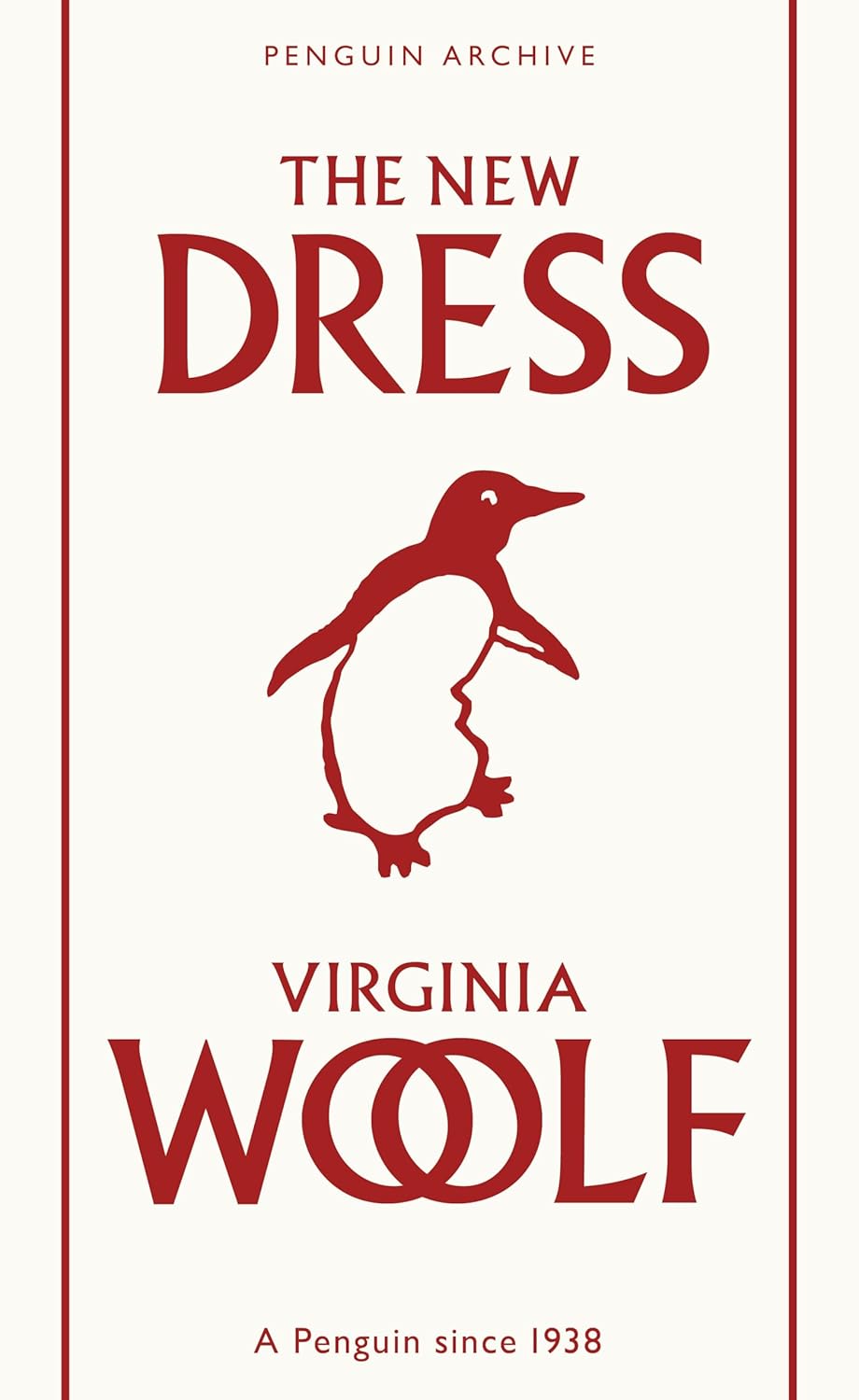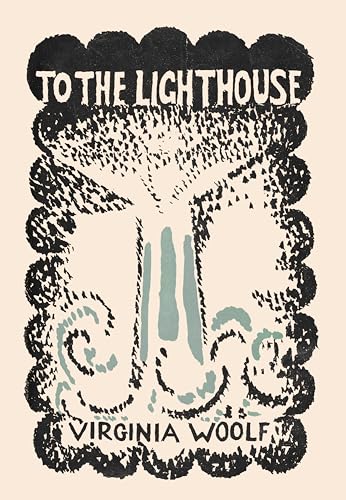Virginia Woolf - Four Novels
The Voyage Out, Night and Day, Jacob's Room, Mrs Dalloway
(Author) Virginia Woolf"We are trembling on the verge of one of the great ages of English literature." - Virginia Woolf. "Mrs. Dalloway was the first novel to split the atom. ... It is one of the most moving, revolutionary artworks of the twentieth century." (Michael Cunningham, The Hours.) "It is absolutely unafraid... Here at last is a book which attains unity as surely as Wuthering Heights, though by a different path." (E. M. Forster, on The Journey Out.) "No plainer manifestation of the modernist trend in contemporary English fiction may be found than in Virginia Woolf's Jacob's Room." - The New York Times. "Virginia Woolf was one of the great innovators of that decade of literary modernism, the 1920s. Novels such as Mrs Dalloway and To the Lighthouse showed how experimental writing could reshape our sense of ordinary life. Taking unremarkable materials - preparations for a genteel party, a day on a bourgeois family holiday - they trace the flow of associations and ideas that we call 'consciousness'." - The Guardian "Mrs Dalloway ... a book for a lifetime" -- Christine Dwyer Hickey. Virginia Woolf was one of the most influential modernist writers. This volume collects four of her novels and displays her developing genius. The Voyage Out, her first novel, "captures so brilliantly the excitement of youth," and first introduces the character, Clarissa Dalloway. In Night and Day, a traditional novel with two intersecting love triangles, Woolf innovatively portrays marriage as a partnership between equals. Jacob's Room is Woolf's first experimental novel, while the semi-autobiographical Mrs Dalloway is probably Woolf's most popular novel. Virginia Woolf was a luminous novelist, a prolific essayist and book reviewer, and a diarist. With her husband Leonard, Woolf established and ran the Hogarth Press which published works by influential modernist writers. In their first five years, they published Katherine Mansfield, T. S. Eliot, E. M. Forster, Clive Bell, Roger Fry and Sigmund Freud. Woolf's haunting writing, her feminism, and her revolutionary experiments with points of view and stream of consciousness altered the course of literature.
Virginia Woolf
Virginia Woolf was a prominent English writer and modernist literary figure. Known for her stream-of-consciousness writing style, she challenged traditional narrative structures and explored themes of gender, class, and mental health in her works. Some of her most notable works include "Mrs. Dalloway," "To the Lighthouse," and "Orlando." Woolf's contributions to literature include her innovative approach to character development and narrative technique, as well as her exploration of the inner lives of her characters. Her most famous work, "Mrs. Dalloway," is considered a masterpiece of modernist literature and a reflection of Woolf's unique literary voice. Woolf's impact on the literary genre is undeniable, as she paved the way for future generations of writers to experiment with form and style in their own works.



